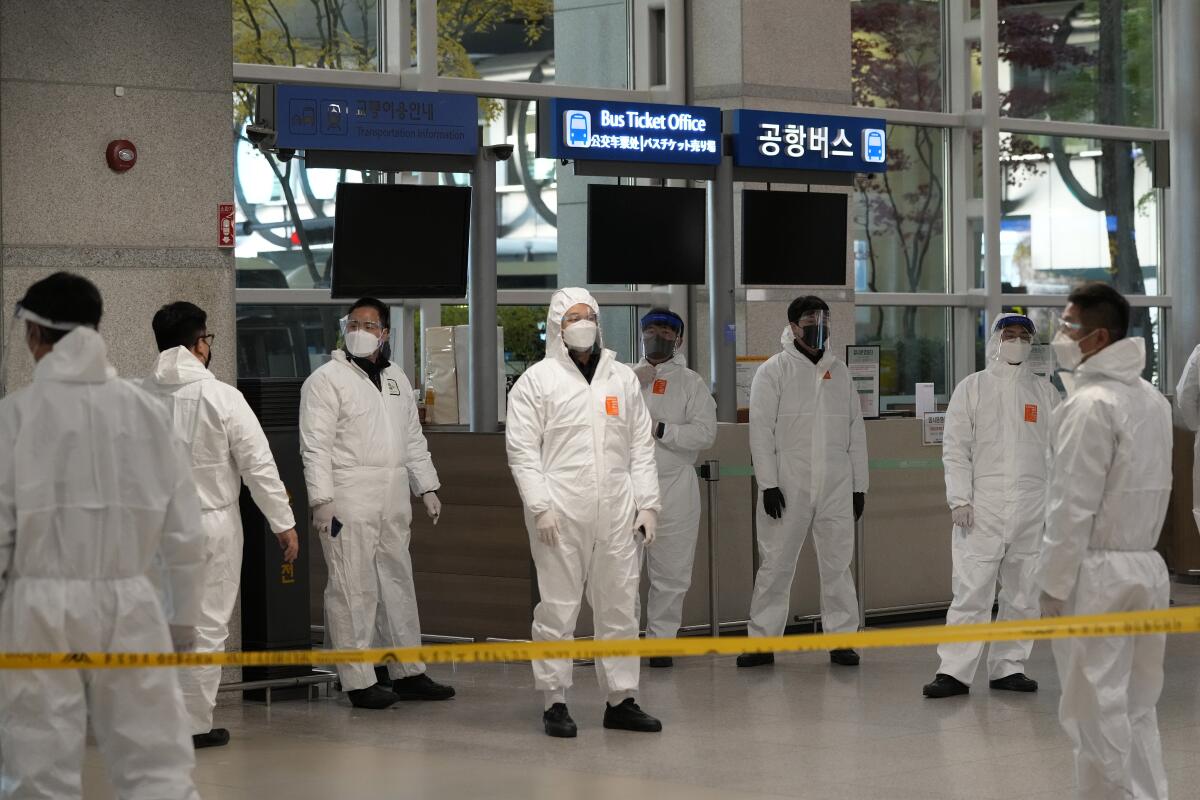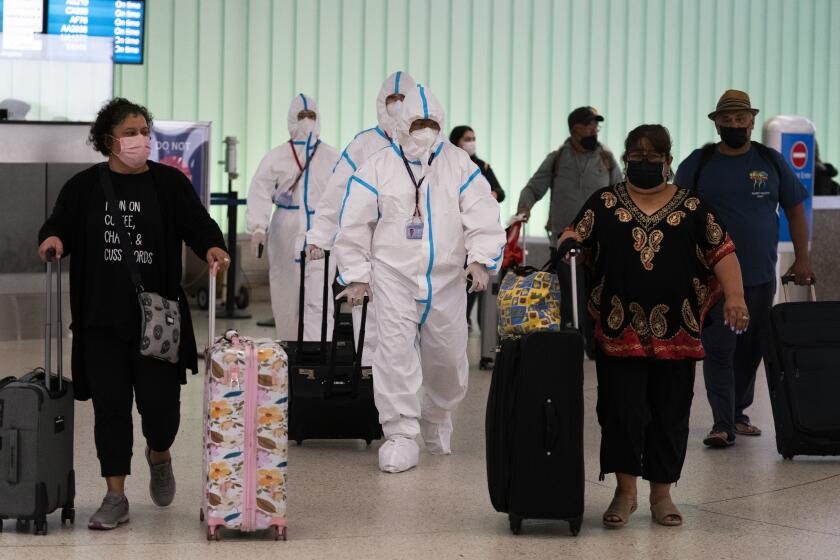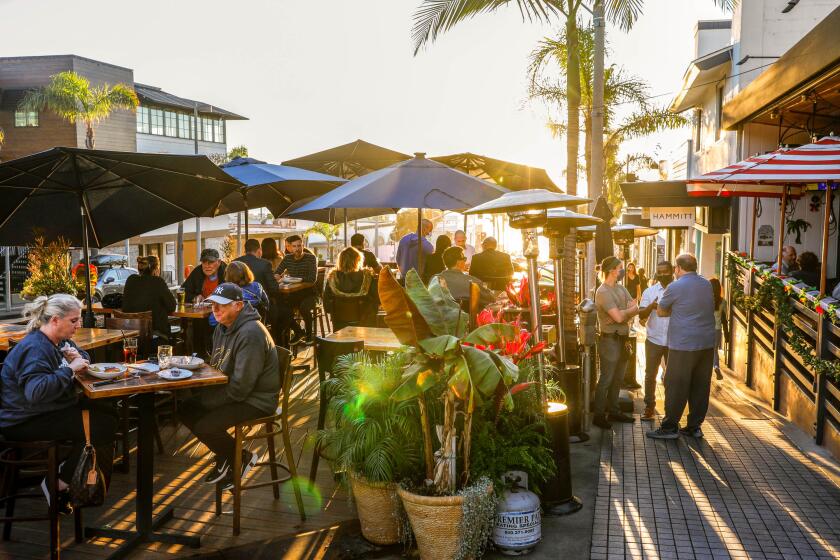South Korea confirms its first five cases of the Omicron variant

SEOUL — South Korea on Wednesday confirmed its first five coronavirus cases with the new Omicron variant in people linked to arrivals from Nigeria, prompting the government to tighten the country’s borders.
The Korea Disease Control and Prevention Agency, or KDCA, said Wednesday that the cases included a couple who arrived from Nigeria on Nov. 24 and a friend who drove them home from the airport. The two other cases were women who also traveled to Nigeria and returned to South Korea on Nov. 23.
Health workers earlier said they were conducting genetic sequencing tests on a child of the couple and relatives of the man who drove them home to determine whether they were infected.
Following the confirmation of the Omicron infections, South Korea announced that it would require all passengers arriving from abroad over the next two weeks to quarantine for at least 10 days, regardless of their nationality or vaccination status.
The country had already banned short-term foreign travelers arriving from eight southern African nations, including South Africa, starting Sunday to fend off the Omicron variant, which is seen as potentially more infectious than other versions of the virus. Officials say the same rules will now apply to foreigners coming from Nigeria.
The couple who arrived from Nigeria on Nov. 24 were fully vaccinated, but their teenage child and the friend who drove them were unvaccinated, said Choi Seung-ho, a KDCA official. Park Young-joon, another KDCA official, said the four weren’t exhibiting serious illness aside from mild respiratory symptoms or muscle pain.
The dangers of the Omicron COVID-19 variant are unknown. But many Americans aren’t very worried.
While Omicron’s emergence has triggered global alarm and spurred countries to tighten their borders, scientists say it’s not yet clear whether the variant is more contagious or dangerous than other strains, including the Delta variant.
The detection of South Korea’s first Omicron cases came as a Delta-driven surge leaves the nation grappling with its worst wave of the coronavirus since the start of the pandemic. Wednesday also saw the country’s new daily cases exceed 5,000 for the first time, and the spike in transmissions is pushing hospitalizations and deaths to record highs.
Amid growing fears about overwhelmed hospitals, health experts have urged officials to reimpose stricter social-distancing rules that were eased last month to soften the pandemic’s impact on the economy.
KDCA said most of the new 5,123 cases came from the capital, Seoul, and the surrounding metropolitan region, where officials say nearly 90% of intensive care units designated for COVID-19 patients are already occupied.
No significant new coronavirus-related restrictions are planned in Los Angeles County despite the emergence of the Omicron variant.
More than 720 COVID-19 patients were in serious or critical condition, also a new high.
Son Youngrae, a senior Health Ministry official, said nearly 12,000 coronavirus carriers were being treated from home as of Wednesday morning.
More to Read
Sign up for Essential California
The most important California stories and recommendations in your inbox every morning.
You may occasionally receive promotional content from the Los Angeles Times.












